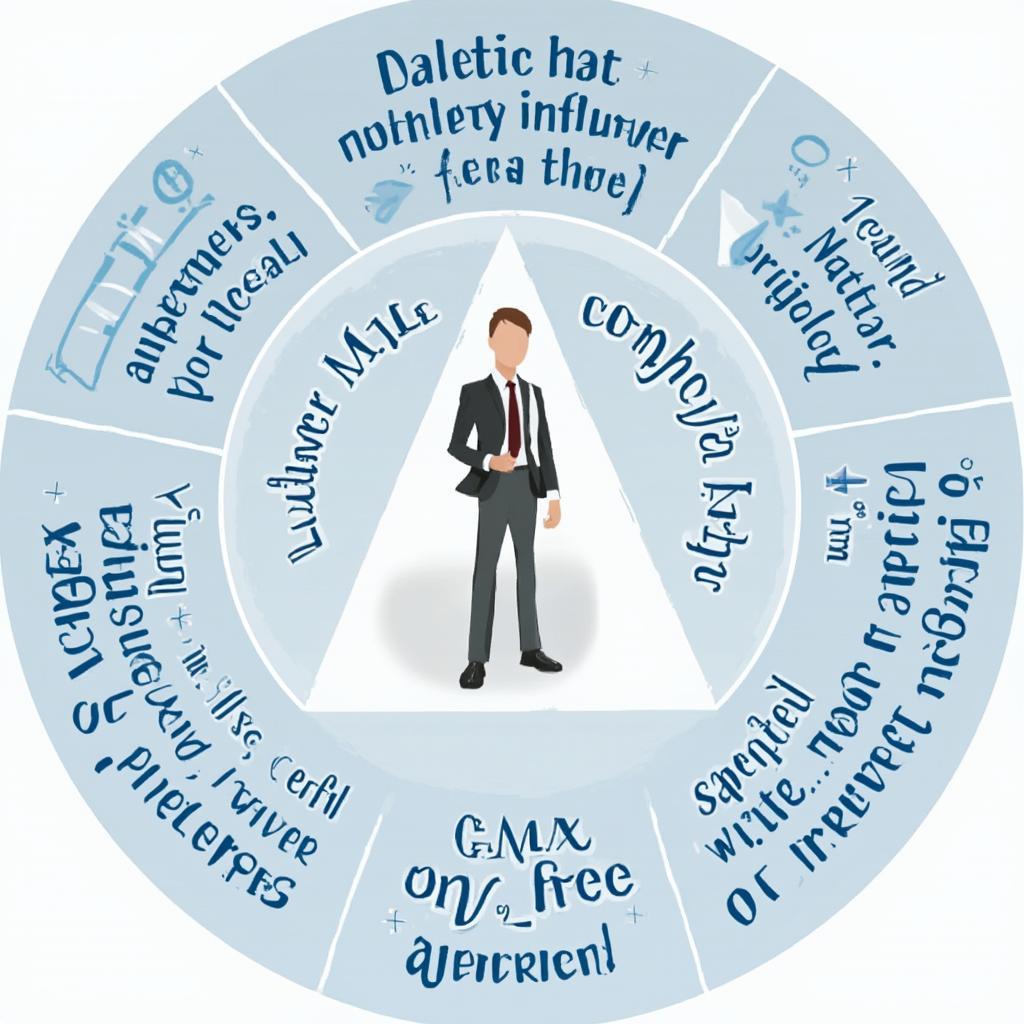
How Much of a Settlement Does the Lawyer Get?
A common question for those considering legal action is, “How much of a settlement does the lawyer get?” Understanding legal fees is crucial for making informed decisions. This article will delve into the different fee structures lawyers use, factors influencing these fees, and how you can ensure you’re getting a fair deal.
Understanding Lawyer Fee Structures
Several fee structures exist in the legal world, each impacting how much a lawyer receives from a settlement. The most common types include:
- Contingency Fees: This is the most prevalent fee structure for personal injury cases. The lawyer only receives payment if you win your case. The fee is a percentage of the settlement, typically ranging from 33% to 40%.
- Hourly Fees: Lawyers may charge an hourly rate for their services. This rate varies based on experience, location, and the complexity of the case. You’ll receive regular invoices detailing the time spent on your case.
- Flat Fees: For straightforward legal matters like drafting a will or handling a simple real estate transaction, lawyers might charge a flat fee. This covers all services related to that specific task.
- Retainer Fees: A retainer fee is an upfront payment that secures the lawyer’s services. This fee is often used in ongoing legal matters or when the total cost is uncertain. It’s typically deducted from the final bill.
Factors Affecting a Lawyer’s Share
Several factors can influence how much a lawyer receives from a settlement:
- Case Complexity: Complex cases requiring extensive research, investigation, or expert witnesses will generally incur higher fees.
- Case Outcome: In contingency fee arrangements, the lawyer’s percentage remains the same regardless of the settlement amount. However, a larger settlement means a larger payout for both the client and the lawyer.
- Lawyer’s Experience and Reputation: Highly experienced and reputable lawyers often command higher fees due to their expertise and track record.
- Location: Legal fees can vary depending on the geographical location and the prevailing market rates in that area.
 Factors Influencing Lawyer Fees
Factors Influencing Lawyer Fees
Negotiating Legal Fees
Don’t hesitate to discuss fees with potential lawyers. It’s your right to understand how they structure their billing. Clarify all costs upfront, including court fees, filing fees, and expert witness fees. A clear fee agreement prevents misunderstandings later. Remember, you can negotiate the percentage in contingency fee arrangements or explore alternative fee structures.
how much is an employment lawyer
Ensuring a Fair Deal
Transparency is key. Ensure your lawyer provides detailed invoices and keeps you informed about the progress of your case. Ask questions if anything is unclear. A reputable lawyer will be open to discussing these matters. Seek a second opinion if necessary. Consulting with another lawyer can provide valuable insights into the fairness of the proposed fees and the potential outcome of your case.
 Negotiating Lawyer Fees for a Fair Deal
Negotiating Lawyer Fees for a Fair Deal
What Happens if My Case Goes to Trial?
If your case proceeds to trial, the fee structure may change. In contingency cases, the percentage may increase to reflect the added work and risk involved in a trial. With hourly fees, you’ll continue to be billed for the time spent on your case. Discuss these potential changes with your lawyer beforehand.
how much does a debt settlement lawyer cost
How Can I Find a Reputable Lawyer?
Finding a reputable lawyer is crucial. Seek recommendations from friends, family, or other professionals. Conduct thorough research online, checking reviews and bar association websites. Interview multiple lawyers to compare their experience, fees, and approach.
Conclusion
Understanding how much of a settlement a lawyer receives is vital for anyone pursuing legal action. By understanding the various fee structures and the factors that influence them, you can make informed decisions and ensure you’re receiving fair representation. Don’t hesitate to ask questions, negotiate fees, and seek a second opinion to protect your interests. Remember, a clear and transparent fee agreement is the foundation of a successful attorney-client relationship.
 Finding a Reputable Lawyer
Finding a Reputable Lawyer
FAQ
-
What is a typical contingency fee percentage?
A typical contingency fee percentage ranges from 33% to 40%. -
Are lawyer fees negotiable?
Yes, lawyer fees, especially in contingency cases, are often negotiable. -
What should I do if I disagree with my lawyer’s fees?
Discuss your concerns with your lawyer openly and honestly. If the issue remains unresolved, seek a second opinion from another attorney. -
Are there any hidden costs associated with legal representation?
There can be. Always clarify all potential costs upfront, including court fees, filing fees, and expert witness fees. -
How can I find a lawyer who specializes in my type of case?
Use online resources, bar association websites, and referrals to find lawyers specializing in your specific legal area. -
What should I look for in a fee agreement?
A clear and detailed outline of all fees, expenses, and payment terms. -
Can I change lawyers if I’m unhappy with their services?
Yes, you can generally change lawyers at any point, although there might be procedural steps involved.




